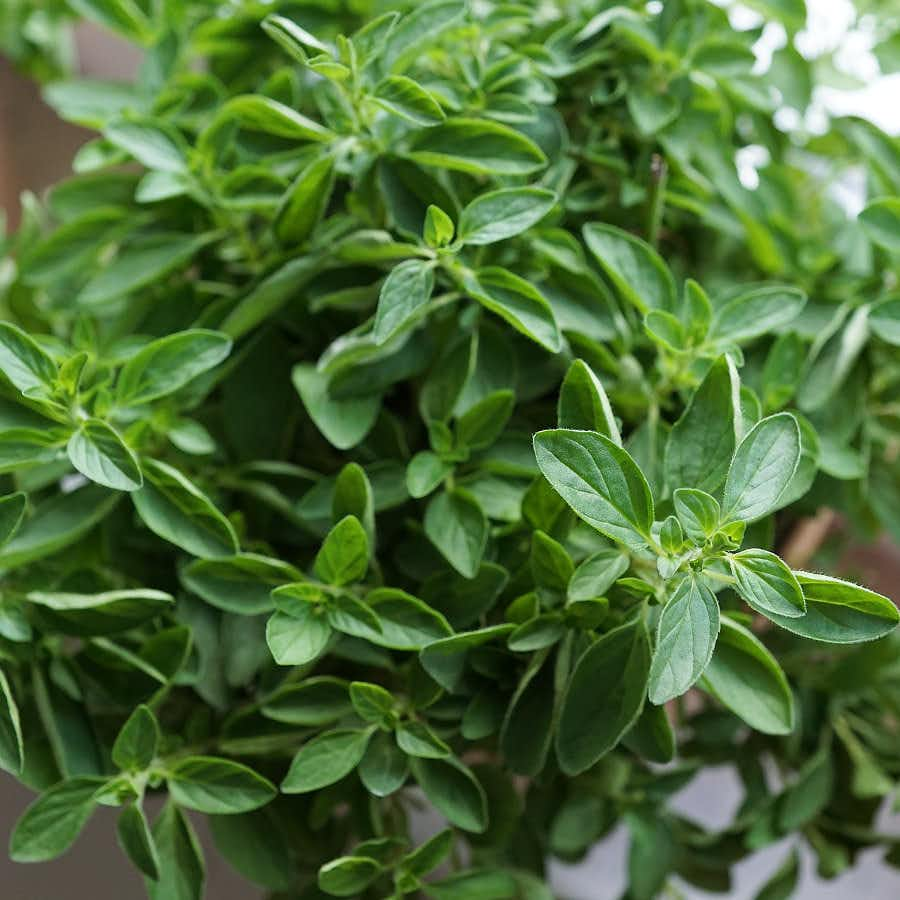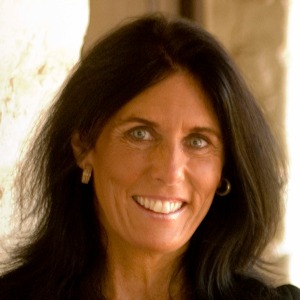
Herbs for Healing and Optimal Wellness (Archive)
In this episode of our nationally syndicated radio show, we talk with two physicians who have looked closely at the research on using herbs for healing. Sometimes, people dismiss the medicines we can find in plants as old wives’ tales or silly home remedies. Increasingly, however, scientists are confirming that certain herbs can be very helpful to overcome chronic illness and improve wellness.
Herbs for Healing:
Culinary herbs like rosemary and thyme give our food flavor. But they can also do much more. In fact, use of such herbs might help account for the renowned health benefits of the Mediterranean diet.
Dr. Tieraona Low Dog describes how she uses herbs for healing. What are the differences between herbs and spices? In general, when people talk about herbs, they are describing plants from temperate zones. We generally use the leaves both for cooking and for healing. Spices more often come from the tropics and subtropics. Frequently they are parts of the plant like seeds, bark (cinnamon) or roots and rhizomes (ginger and turmeric). Researchers have studied turmeric and its main constituent curcumin extensively. It has powerful anti-inflammatory effects and has been used to improve memory and mood and to fight off cancer. In certain studies, turmeric is more effective than NSAIDs in easing the pain for knee arthritis.
Rosemary and Thyme:
Might consuming rosemary be linked to longevity? Some doctors think so. Studies are confirming what people discovered by experience long ago: Rosemary has beneficial effects on memory and cognition. Moreover, it has powerful anti-inflammatory and antimicrobial effects and may be used to combat H. pylori stomach infections.
Like rosemary, thyme has antimicrobial effects. It is often used to help fight infection. In addition, it appears to help disrupt biofilms and can be useful against coughs. Dr. Low Dog advocates making your own thyme-based cough syrup to help ease the symptoms of upper respiratory tract infections.
Saffron Has Multiple Uses for Optimal Wellness:
Saffron is another famous Mediterranean spice. It consists of the stigma of a domesticated crocus. Research suggests that it may be effective in treating depression and anxiety. In addition, scientists are exploring its possible use against certain types of cancer. Dr. Low Dog summarizes research on its use against metabolic syndrome and to treat the deleterious sexual effects of menopause. Some studies indicate that it may slow the progression of age-related macular degeneration.
Another spice, cinnamon, also has multiple uses. It has anti-inflammatory activity that may be particularly helpful to treat menstrual pain and nausea. It is better known for its impact on blood sugar and triglycerides. There are several different types of cinnamon, and people who plan to use it regularly should learn about them. Cinnamomum verum, or Ceylon cinnamon, is safer than the more common cassia cinnamon we usually find in grocery stores. That’s because it is free of the coumarin that cassia cinnamon may contain. This compound can be toxic to the liver.
Boosting Cellular Wellness with Herbs for Healing:
Our second guest, Dr. Bill Rawls, describes how herbs can help promote wellness at the cellular level. We should not expect quick results from this approach, but the benefits can be long-lasting and side effects are rare.
It seems likely that many chronic illnesses are linked to dormant infectious agents. Conditions such as chronic Lyme disease or long COVID can be difficult to identify and even more challenging to treat effectively. However, restoring wellness at the cellular level can help bolster our body’s natural defenses. That’s why Dr. Rawls advocates using herbs for healing.
Adaptogens as Herbs for Healing:
You may not be familiar with some of the herbs that Dr. Rawls recommends. Nonetheless, scientific studies support the use of these herbs for healing. Adaptogens such as Rhodiola, reishi and shilojit can help overcome the consequences of chronic stress. He illustrates how they work synergistically for optimal cellular wellness.
This Week’s Guests:
Tieraona Low Dog, MD, is a founding member of the American Board of Physician Specialties, American Board of Integrative Medicine and the Academy of Women’s Health. She was elected Chair of the US Pharmacopeia Dietary Supplements/Botanicals Expert Committee and was appointed to the Scientific Advisory Council for the National Center for Complementary and Alternative Medicine. Her books include: Women’s Health in Complementary and Integrative Medicine; Life Is Your Best Medicine and Fortify Your Life: Your Guide to Vitamins, Minerals and More. Dr. Low Dog’s eBooks include Healing Heartburn Naturally and Spices that Heal. Physical copies are available for purchase via Amazon: Click here.
Her websites are drlowdog.com and https://www.medicinelodgeranch.com/

Tieraona Low Dog, MD, author of Fortify Your Life
As a 4th-generation physician, Bill Rawls, MD has dedicated his life to medicine. But when faced with a personal health crisis in his late forties with Lyme disease, everything changed. In his quest to regain his health, Dr. Rawls was confronted with the limitations of conventional medicine and knew he had to find his own path to restore wellness. For the past 15 years, he has extensively studied the science behind herbal therapies and new sustainable approaches for protecting health. His website is https://vitalplan.com/
Dr. Rawls is the author of Unlocking Lyme: Myths, Truths, and Practical Solutions for Chronic Lyme Disease, and his most recent book, The Cellular Wellness Solution: Tap into Your Full Health Potential with the Science-Backed Power of Herbs.

Dr. Bill Rawls discusses post-COVID syndrome
Listen to the Podcast:
The podcast of this program will be available Monday, Nov. 20, 2023, after broadcast on Nov. 18. You can stream the show from this site and download the podcast for free.

